
Media madness: It's been a big week for extravagant helicopter abuse and minor wine scandals in the luxury living section of Australian politics and media. The author wonders whether winemakers, hacks and pollies have far too much in common ... photo DRAGAN
Vanity of vanities, saith the preacher, all is vanity, and the scribes keep writing it all down
by PHILIP WHITE
"After enough years
newspapermen begin to pall on other newspapermen; they begin to take their good
qualities for granted and wince at their shortcomings, of which the most common
are a vanity that sometimes borders on the thespian and a sort of perpetual
mental adolescence that I think stems from starting a fresh story every day or
every week or month and never having time to get to the bottom of anything."
I know, I
know, that's a big quote to start a yarn but it's one damn lovely sentence in every way and so fine a thing in
form and content that only a fool would lay a chisel on it.
Also, it's
Joe Liebling (left), a very favourite writer who covered the Second World War for The New Yorker. He filed that line about
my line of work from Algiers in January 1942. Liebling wrote of the war from the
point of view of a gluttonous genius: even under repeated Stuka fire in a bunker in the
desert he wrote of scrambling duck eggs. His Between Meals - An Appetite For Paris is essential; his reportage
of the halitosis of Charles de Gaulle a pinnacle of bitchy hiss.
Alcohol
aside, in my post-war experience it has been journalists of a blinding range of
ineptitudes or skill who have been responsible for the popular image of
winemakers. This is because in winemakerworld there are very few operatives who
will spend one dead cent on advertising their product or themselves.
They get it
for free.
They have no
idea how lucky they are. There are no milk writers, or bread columns. But every
paper and shiny mag - digital or tree-based
- has at least one wine writer, whether real journalist or shill on the take. Their
job is to promote the consumption of alcohol.
A wine
writer lends convenient sanctity to those pages and pages of pension day liquor
advertisements which have nothing at all to do with gastronomy.
The busy contemporary
wine scribe scene is largely the way it is, internet chaos notwithstanding, due
to the work of newspaper drink writers like Walter James, Len Evans, Richard
Beckett, James Halliday, Jeni Port and Mark Shield (below), who in one combination or another made the game competitive from the early
'seventies on.
"Go get
me a yarn about wunner them winemaker characters Whitey," the Ed would
bark. Characters the winemen were: only a few hundred of them when I started;
there are thousands trying to be characters now.
By
characters I mean blokes who'd done not much more than drive tractors and drink
beer. Blokes who'd scratch their arse with one of their hands while shaking
yours with another one. And they were blokes. Apart from Pam Dunsford, Di Genders
and Ursula Pridham.
Most of the
winemakers in McLaren Vale were chook farmers when I began watching them for a
living. Their wines mainly stank of hydrogen sulphide until the advent of the
mechanical harvester, when they gained the added complexity of hydraulic fluid.
Long time
ago, mind you. In many clever aspects of the wine business, this region now
leads the world. Think Grenache.
But we still
have these thirsty hacks on the one hand and your plonkmongers on the other.
The first lot, who have a deadline every day or week seem to feel a kindred
flush or some twist of bittersweet jealousy when writing about the winemakers,
who have one deadline per year.
Which is not
to say their lives are simple or easy: like good all-round journalists, the successful
winemaker must master an unlikely range of skills. If such achievement remains
out of grasp of either side, a great deal of utter bullshit will be required. I mean even more per acre than we regularly spread.
Winemaking?
First, you're a primary producer who really must understand tractors and dirt and
grass and water and stuff. Basic plant physiology, climate and pest management.
Poisons, plumbing, irrigation. Agricultural accounting.
Then comes a
layer of secondary manufacture, covering everything from factory design to
basic biochemistry. Industrial yeasts, acids, clarifying agents. Flavourants. A degree of gastronomic intelligence comes in handy here.
Then you'll need packaging skills, transport local and international, design, marketing and sales ...
export law and public relations, the lure and lore of the restaurant and pub
world.
Governments
then expect you to be expert in tourism.
You have to
be fluent, currently, in Hipster.
But
critically, the modern winemaker must always be ready for that moment when the
publisher sends the journo to do a nice colour piece for the food and wine
section. For free.
There is a
great deal of trust implicit here. Like the winemaker will trust that the
writer never mentions the dangers of alcohol, but only lovely things about
lemons and limes and roast fowl, with just the right dash of colourful
character. This trust so far has been well-placed from the winemakers' point of
view. The hacks are complicit. Peace in the valley.
But maybe
the catalogue of winemaker skills should stop there.
It's when
the winemakers take control of their own image that things get interesting. A
bridge too far. Give them a sniff of budget, a loose idea and a film crew and
let them go it alone and you might begin to understand who they think they
really are.
Having mastered all those remarkable skills listed above, many winemakers now also believe they are great writers, directors and actors.
The
outstanding contemporary example of this is an ad on Youtube. It's called VALO Wine - a flight of unforgettable encounters. Really. Let me lead you through a few of the more unforgettable
encounters.
We're in a
vineyard with Mark Lloyd, who's pretending to prune. A biplane flies over low;
he looks at his tank watch, drops everything and heads off to lunch, which
explains why he's pruning in his dinner jacket at the wrong time of year with a
watch you could swap for a house.
Because
movie.
Because the
inevitable medium-close-up of a chicken being dismembered by an expert. Because
having almost regained control after losing it on a corner, some twat comes
hooning up the gravel drive in a supercar. Then we see a row of boxes a bit
like the ones girls used to carry their party 45 singles around but one of them
has this giant aubergine-type thing in it.
Most journalists are happy to discuss the possibility of assistance with travel arrangements ... the author with Tim Knappstein's Boeing Stearman
Back that
with the Last Supper shot with Chester Osborn as our precious loving Saviour the
Lord Jesus Christ and two of the twelve turn out to be beautiful women. A
little black helicopter chases the supercar through a vineyard too fast,
interrupting an Italian-looking bloke who's frotting somebody on the ground.
Back inside, Emmanuelle Bekkers hands the giant aubergine to Pete Fraser.
They're wearing white gloves. He pulls the stalk out of it and the biplane
flies past again. A bloody great luxury speedboat like drugrunners use down the
Keys swooshes by, then the giant aubergine gets filled up with wine and goes
back in its box.
Luxury speedboats? Hacks love 'em
Somebody
delivers a huge roast femur to a little dog on a beach. Mobster types get in a
black limo near some white buses and a bit more biblane business goes past
while a woman has a very high stiletto discomfort and then the supercar arrives
somewhere else leading to the series of gastroporn vignettes, a tractor, more helicopter
and eventually we see all these silvertails called The Masters Of McLaren Vale
having a fine old nosh-up.
Fair dinkum.
 Many journalists also like access to supercars
If this is
not a good sharp picture of who these McLaren Vale winemakers think they are,
or how they prefer to be regarded, then somebody has lost quite a lot of money.
If it's my region's
wine imagery I want projected at me, and that's all they got, I want it instead
from a Liebling, Shield, Beckett, James or a rogue like Evans. Give me the word
of an expert; a seasoned newspaper hack who's used to standing in the shadows
watching through their own veil of thespian vanity.
I haven't
once mentioned the truth, but mark my words: you'd be more likely to get close
to it this way. And it'll be cheaper. While it lasts.
Here are six helpful hints:
1. If selling science, technology and craftsmanship, try this.
2. If selling wine, learn to talk straight like this.
3. If you need lots of money for a bright new wine, try this.
4. To show off your country and teach some history, click.
5. If it's decanters you're selling, learn how to do this.
6. Link your product to its lifestyle? Learn your clientele.
Oh, and here's an extra one at no cost:
Notice how women fit into all this? Where?
Many journalists also like access to supercars
If this is
not a good sharp picture of who these McLaren Vale winemakers think they are,
or how they prefer to be regarded, then somebody has lost quite a lot of money.
If it's my region's
wine imagery I want projected at me, and that's all they got, I want it instead
from a Liebling, Shield, Beckett, James or a rogue like Evans. Give me the word
of an expert; a seasoned newspaper hack who's used to standing in the shadows
watching through their own veil of thespian vanity.
I haven't
once mentioned the truth, but mark my words: you'd be more likely to get close
to it this way. And it'll be cheaper. While it lasts.
Here are six helpful hints:
1. If selling science, technology and craftsmanship, try this.
2. If selling wine, learn to talk straight like this.
3. If you need lots of money for a bright new wine, try this.
4. To show off your country and teach some history, click.
5. If it's decanters you're selling, learn how to do this.
6. Link your product to its lifestyle? Learn your clientele.
Oh, and here's an extra one at no cost:
Notice how women fit into all this? Where?

 Many journalists also like access to supercars
Many journalists also like access to supercars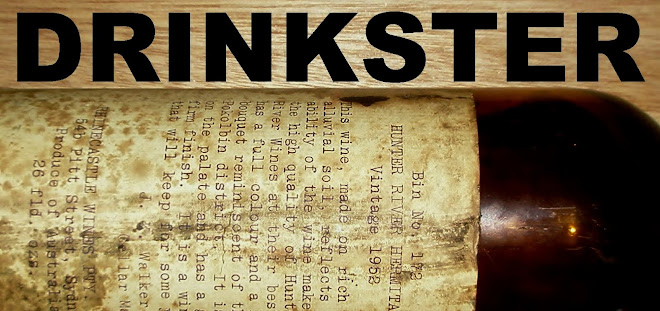
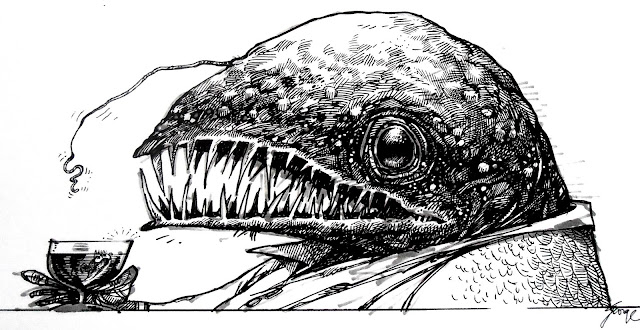
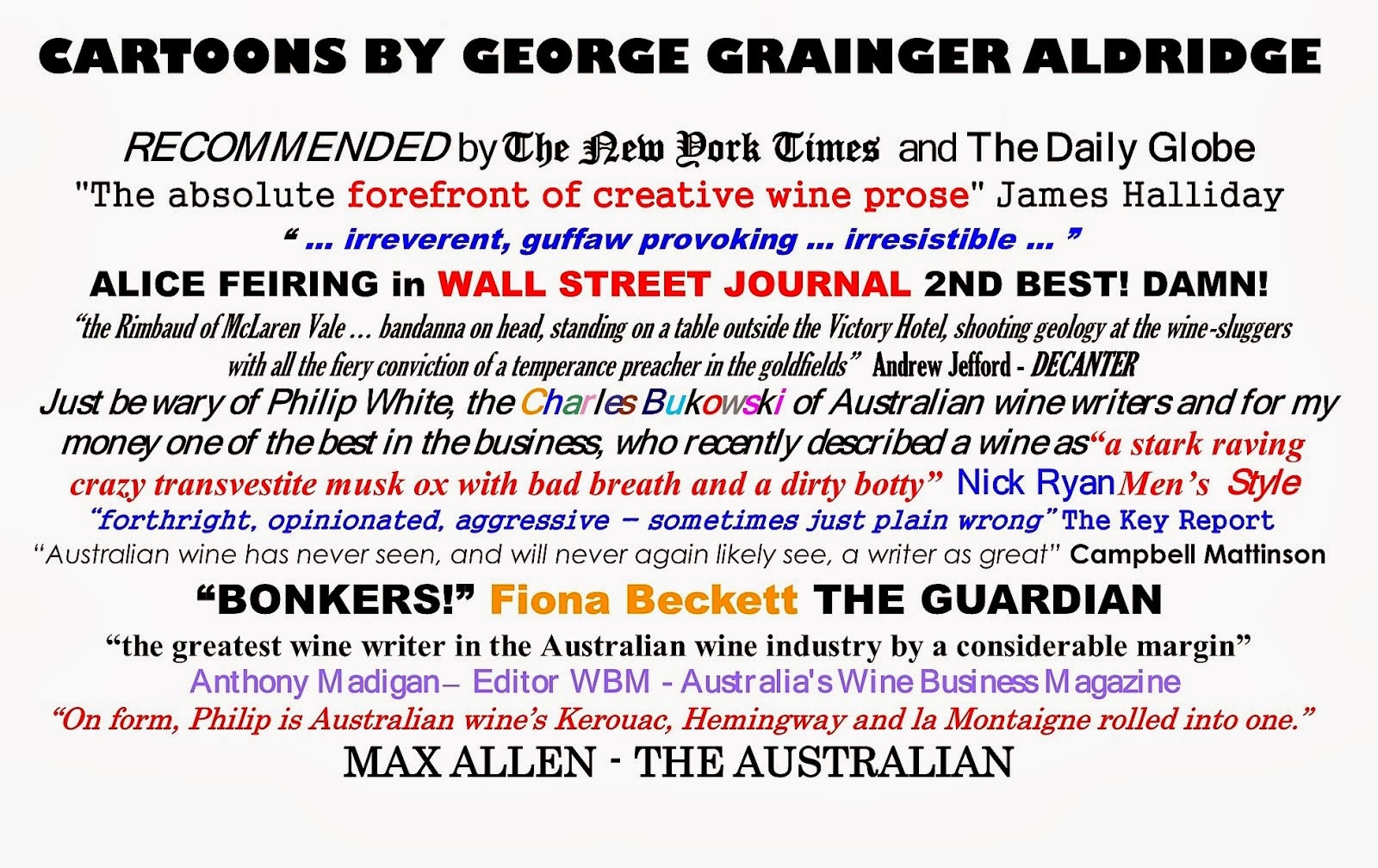








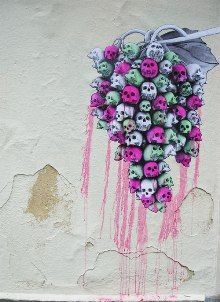






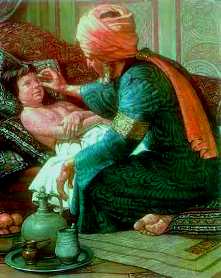

2 comments:
This movie makes those portrayed look elitist and like wankers.. Everything the real Vale is not.. Ps. Sex has no place in the vineyard.
I undersatnd this was paid for by the taxpayer and costs the consumer $8,800 an aubergine? Can this be true? Anybody?
Post a Comment